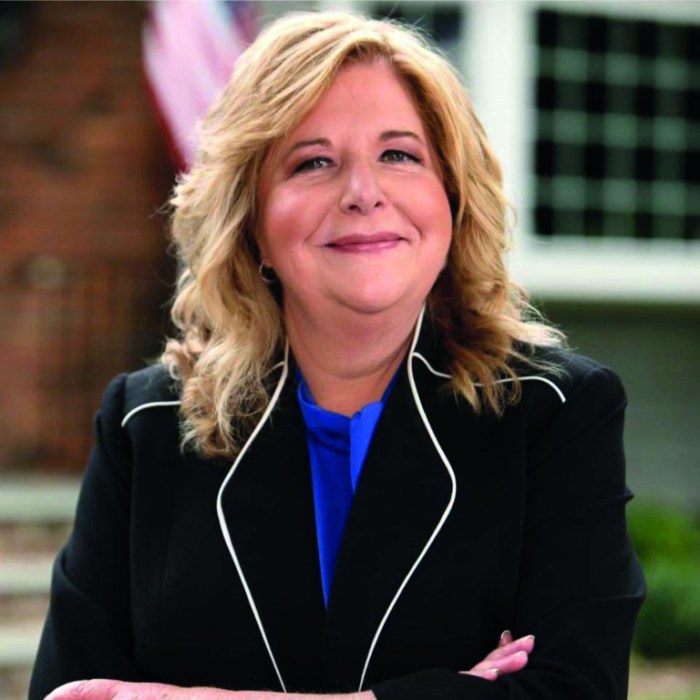The MTA hasn’t exactly earned the trust of the public lately with its recent fair increases and a state bailout plan that includes a payroll tax to help fund the agency’s budget. The distrust of the MTA has also found its way to the state legislature as Republican lawmakers in the Assembly are planning on introducing legislation to create more oversight of the MTA.
“The commuters and residents have really had it with the MTA. The fare increases, the payroll tax and cutting of customer service are truly disgraceful. This oversight board will bring accountability to the people,” said Assembly Tom Alfano, a member of the Republican delegation who represents the 21st Assembly District.
Republican Assembly members from Nassau County hope that the proposed MTA Fiscal Oversight Control Board would be empowered to freeze salaries and benefits of MTA employees, approve MTA contracts totaling over $100,000, resolve MTA labor grievances, conduct forensic audits of all MTA receipts and expenditures and issue public reports on MTA finances.
Seven members would comprise the proposed MTA Fiscal Oversight Board, with the governor, comptroller, attorney general, assembly speaker, Senate majority leader, Assembly minority leader, and Senate minority leader each making one appointment that would serve a four-year, unpaid term.
According to the Empire Center for New York State Policy, there are 8,214 employees in the MTA’s workforce who make over $100,000, more than 10 percent of the workforce. Top earners for 2008 included MTA Executive Director and CEO Elliot Sander, who made $290,259; LIRR President Helena Williams, who made $285,710; and Ronald C. Dunne, a car repairman, who made $283,618.
“When it comes to the Metropolitan Transportation Authority, I am more than glad to explore any and all options, including an oversight board, which would make this organization more accountable to the taxpayers who subsidize services and to the commuters who pay their fare and expect quality service,” said Republican Assemblyman Rob Walker. “With that in mind, I believe the only way we can truly achieve the goal of accountability is to open up the books of the MTA and then choose a proper course of action.”
Walker said it is important to investigate the MTA. We should find out “where taxpayer dollars go, who it goes to and why the MTA needs as much as they claim to,” said Walker. “It is irresponsible for legislators to propose solutions to a problem when they do not know the root cause or causes of these persistent problems.”
Democratic Assemblyman Charles Lavine said he is eager to hear his Republican-counterparts’ ideas in the form of a proposed bill.
“While it is easy to use the MTA as a scapegoat, it is important to recognize that it moves millions of people safely and effectively every day. This is of tremendous importance to the many citizens of Syosset and Plainview who rely on the LIRR and the subway system,” said Lavine.
Lavine also commented on a law that was enacted in May that he said, “imposed significant reforms to the operations of the MTA, including a provision to the effect that the legislature can perform independent forensic audits beginning this year,” Lavine said. “The bill also restructures the authority’s management by combining the positions of chairman and chief executive officer, so that only one person has ultimate responsibility. In addition, MTA board members and the chief executive will now be legally obligated to act in the best interests of the agency, instead of doing what they are told by the governor and others who appoint them.”
The MTA does need more oversight, according to Lavine. “My Republican colleagues should know that I will examine their proposal closely and will support as many of their suggestions as make sense and are not duplicative of the bill we passed, without support of any of them, in May,” said Lavine, “It is encouraging that they are now supportive of public transportation and I commend them for their interest.”
A bill to create the oversight board would have to be introduced and then passed in the Assembly, the Senate and then be signed into law by the governor. A bill is being drafted and is expected to be introduced when the Assembly is back in session, most likely later this summer.
Joe Rizza contributed to this article






























